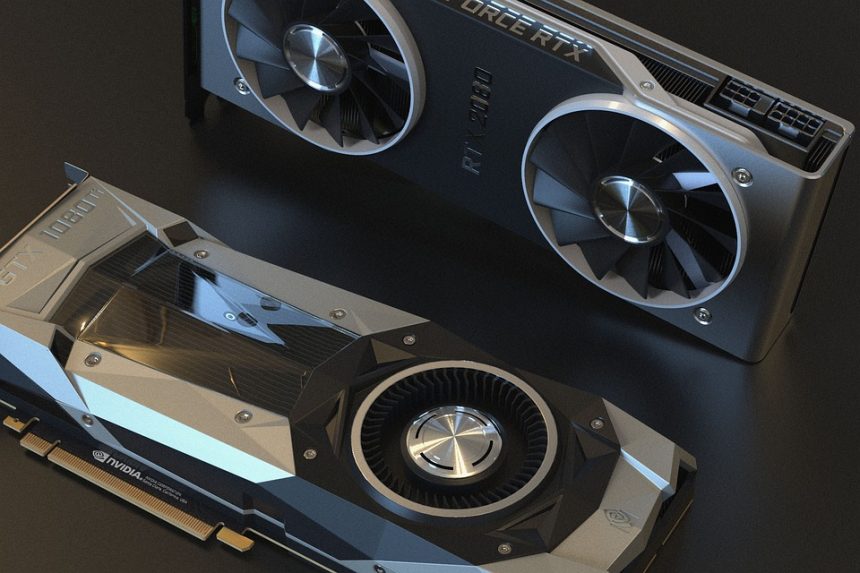Future Trends in Smart Contracts: What’s Next for Blockchain Technology?
The evolution of blockchain technology has been a game-changer across various industries, fundamentally altering how transactions are conducted and recorded. At the forefront of these innovations are smart contracts, self-executing contracts with the terms of the agreement directly written into code. They eliminate the need for intermediaries, enhance transparency, and reduce transaction costs. As this technology matures, several emerging trends are poised to redefine the landscape of smart contracts in the coming years.
1. Integration with Artificial Intelligence (AI)
One of the most promising trends in the smart contract domain is the integration of artificial intelligence. By combining the predictive capabilities of AI with the immutable nature of blockchain, smart contracts can evolve into smarter contracts capable of dynamic decision-making based on real-world data inputs. For example, AI can analyze trends and provide insights while learning from historical data to trigger contract clauses autonomously. This synergy between AI and smart contracts could unlock new use cases in fields like finance, insurance, and supply chain management.
2. Interoperability Between Different Blockchains
Currently, many smart contracts are confined to specific blockchain ecosystems, limiting their potential. However, emerging protocols such as Polkadot and Cosmos are focused on enhancing interoperability between different blockchains. This interconnectivity enables smart contracts to access and utilize data from multiple sources and systems, transcending the limitations of single-chain applications. The ability to operate across varied platforms will foster collaboration and innovation, enabling more complex and comprehensive smart contract applications.
3. Enhanced Security and Privacy Features
As more organizations adopt smart contracts, concerns about security and privacy have come to the forefront. Future trends indicate a shift towards incorporating advanced cryptographic techniques, such as zero-knowledge proofs and secure multi-party computation. These innovations will enhance the confidentiality of transactions, allowing parties to validate and execute contracts without revealing sensitive data. Emphasizing privacy and security will be paramount, especially in industries such as healthcare and finance, where confidentiality is critical.
4. The Rise of Layer 2 Solutions
Scalability remains a significant challenge for immediate smart contract execution, particularly on popular blockchain networks like Ethereum. Layer 2 solutions, such as Optimistic Rollups and zk-Rollups, aim to address these scaling issues by allowing multiple transactions to be processed off-chain before being settled on the main chain. This trend will enable faster and cheaper transactions, making smart contracts more efficient and attractive for widespread adoption in high-frequency trading, microtransactions, and other applications demanding rapid execution.
5. Regulatory Compliance and Standardization
As smart contracts gain traction across industries, the need for regulatory compliance and standardization will become vital. Governments and regulatory bodies worldwide are beginning to recognize the potential of blockchain technology and smart contracts. Future trends will likely include the development of standardized protocols for smart contracts to ensure legal validity, enforceability, and compliance with existing laws. This evolution will involve collaboration between blockchain developers, legal experts, and regulators to create frameworks that balance innovation with accountability.
6. Expansion into DeFi and Beyond
Decentralized Finance (DeFi) has already demonstrated the transformative power of smart contracts in creating flexible financial services devoid of traditional banking structures. The future will likely see further expansion into not just DeFi but also Decentralized Autonomous Organizations (DAOs) and Non-Fungible Tokens (NFTs). As more sophisticated financial products are developed, smart contracts will become increasingly critical in automating and managing these decentralized systems, facilitating tokenized assets, and enabling new forms of ownership and governance.
7. Adoption in Everyday Applications
Lastly, as awareness and understanding of blockchain technology and smart contracts grow, we can expect their adoption in everyday applications beyond financial services. Sectors such as real estate, healthcare, and supply chain management will increasingly utilize smart contracts to streamline processes. For instance, real estate transactions could become more efficient with automated escrow services, while the supply chain could benefit from automated verification of product origins and conditions.
Conclusion
The future of smart contracts is bright and filled with possibilities. As we move forward, advancements in AI, interoperability, security, and regulatory compliance will shape the next generation of blockchain technology. By addressing current limitations and embracing innovative solutions, smart contracts will continue to revolutionize how we conduct transactions, ensuring security, efficiency, and transparency in an increasingly digital world. As these trends mature, organizations and individuals alike stand to benefit from harnessing the power of smart contracts, paving the way for a more automated and decentralized future.





